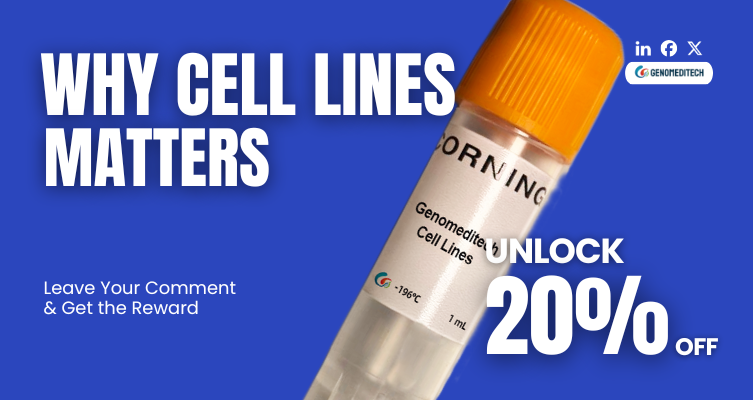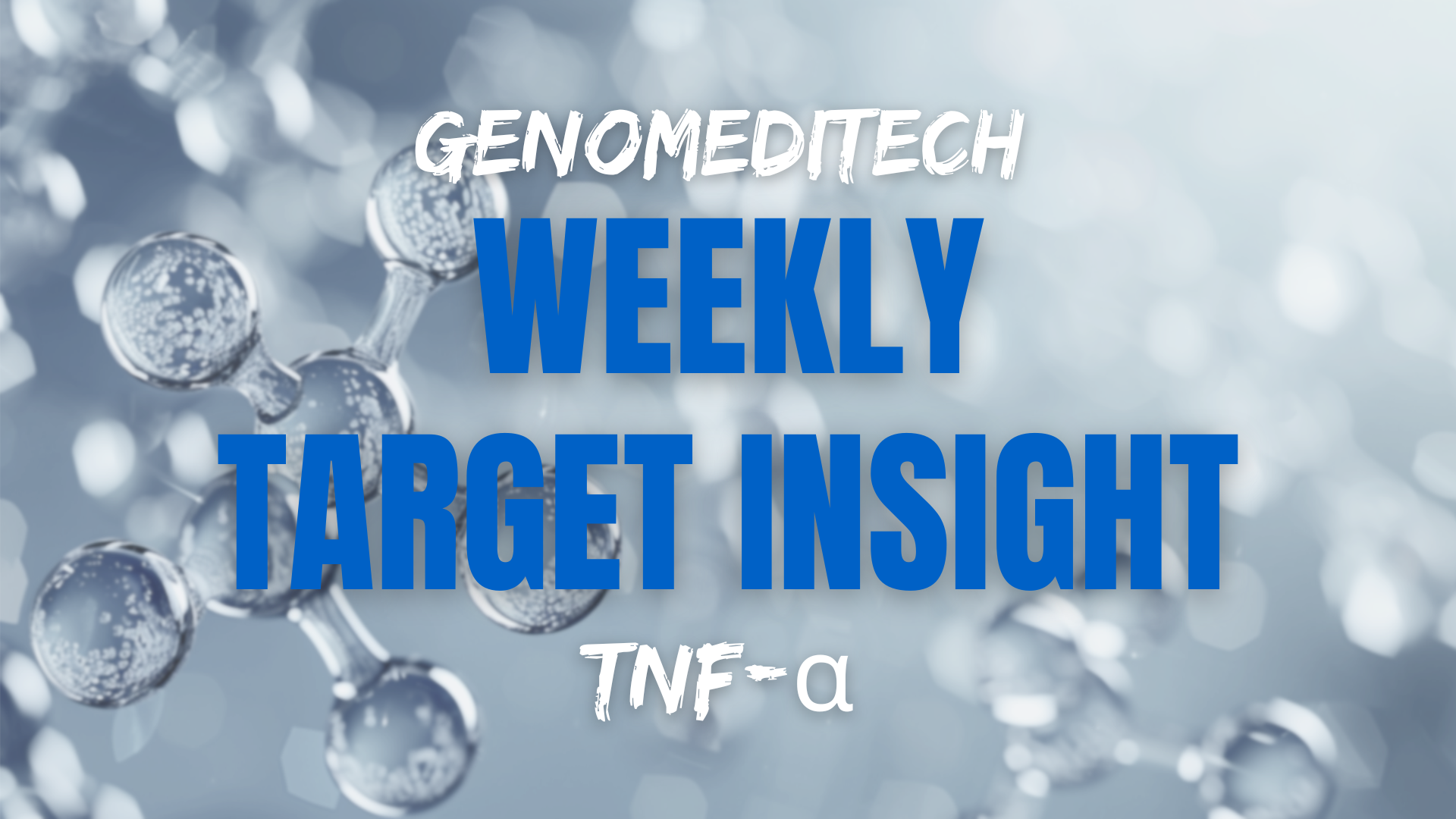Dec. 04, 2024 -- Merus N.V. [Merus, the Company, we, or our], a clinical-stage oncology company developing innovative, full-length, multispecific antibodies (Biclonics® and Triclonics®), announced today that the U.S. Food and Drug Administration (FDA) approved BIZENGRI® (zenocutuzumab-zbco), the first and only treatment indicated for adults with pancreatic adenocarcinoma or non–small cell lung cancer (NSCLC) that are advanced unresectable or metastatic and harbor a neuregulin 1 (NRG1) gene fusion who have disease progression on or after prior systemic therapy. These indications are approved under accelerated approval based on overall response rate (ORR) and duration of response (DOR). Continued approval for these indications may be contingent upon verification and description of clinical benefit in a confirmatory trial(s). BIZENGRI® has a Boxed WARNING for Embryo-Fetal Toxicity and warnings for infusion-related reactions (IRRs), hypersensitivity and anaphylactic reactions, interstitial lung disease (ILD)/pneumonitis, and left ventricular dysfunction.1 See Important Safety Information below.
BIZENGRI® is a bispecific antibody that binds to the extracellular domains of HER2 and HER3 expressed on the surface of cells, including tumor cells, inhibiting HER2:HER3 dimerization and preventing NRG1 binding to HER3. BIZENGRI® decreased cell proliferation and signaling through the phosphoinositide 3-kinase-AKT-mammalian target of rapamycin pathway. In addition, BIZENGRI® mediates antibody-dependent cellular cytotoxicity. BIZENGRI® showed antitumor activity in mouse models of NRG1+ lung and pancreatic cancers. Learn more about our HER2 catalog.
We believe this approval fills an important need for patients with NRG1+ cancer who have not previously had treatment options approved to specifically target this driver. BIZENGRI® (zenocutuzumab-zbco) 20 mg/mL Injection for Intravenous Use is expected to be available to patients in the coming weeks.
“The FDA approval of BIZENGRI® marks an important milestone for patients with pancreatic adenocarcinoma or NSCLC that is advanced unresectable or metastatic and harbors the NRG1 gene fusion. I have seen firsthand how treatment with BIZENGRI® can deliver clinically meaningful outcomes for patients,” said Alison Schram, MD, an attending medical oncologist in the Early Drug Development Service at Memorial Sloan Kettering Cancer Center and a principal investigator for the ongoing eNRGy trial. “I am extraordinarily grateful for the patients and families who participated in the trial.”
“BIZENGRI® is Merus’s first approved medicine based on our highly innovative and proprietary Biclonics® technology platform and offers significant promise for patients with NRG1+ pancreatic adenocarcinoma and NRG1+ NSCLC,” said Shannon Campbell, Chief Commercial Officer of Merus. “This approval is a testament to both our technology and strong execution as we continue to develop our multispecific platforms and pipeline, including our lead asset petosemtamab.”
The approval of BIZENGRI® is based on data from the eNRGy trial, a multicenter, open-label clinical trial that enrolled patients with NRG1+ pancreatic adenocarcinoma or NRG1+ NSCLC that is advanced unresectable or metastatic and had disease progression on or after prior systemic therapy. In patients with NRG1+ pancreatic adenocarcinoma (n=30), BIZENGRI® demonstrated an ORR of 40% (95% CI, 23%-59%). DOR in NRG1+ pancreatic adenocarcinoma ranged from 3.7 months to 16.6 months. In the same trial, patients with NRG1+ NSCLC (n=64) who were treated with BIZENGRI® demonstrated an ORR of 33% (95% CI, 22%-46%). The median DOR in NRG1+ NSCLC was 7.4 months (95% CI, 4.0-16.6). Response rates were measured using the Response Evaluation Criteria in Solid Tumors (RECIST) v1.1 as assessed by blinded independent central review (BICR). In the pooled safety population (N=175), the most common (≥10%) adverse reactions were diarrhea, musculoskeletal pain, fatigue, nausea, infusion-related reactions (IRR), dyspnea, rash, constipation, vomiting, abdominal pain, and edema. The most common Grade 3 or 4 laboratory abnormalities (≥2%) were increased gamma-glutamyltransferase, decreased hemoglobin, decreased sodium, decreased platelets, increased aspartate aminotransferase, increased alanine aminotransferase, increased alkaline phosphatase, decreased magnesium, decreased phosphate, increased activated partial thromboplastin time, and increased bilirubin.
“The Personalized Medicine Coalition applauds the approval of BIZENGRI®, a new targeted therapy for NRG1+ pancreatic adenocarcinoma and NRG1+ NSCLC that are advanced unresectable or metastatic,” said Edward Abrahams, President of the Washington-based education and advocacy organization. “In keeping with the growing number of personalized medicines on the market today, BIZENGRI® offers the only approved NRG1+ therapy for patients with these difficult-to-treat cancers.”
The company plans to help appropriate patients gain access to BIZENGRI® by providing resources and support based on each patient's needs and situation.














